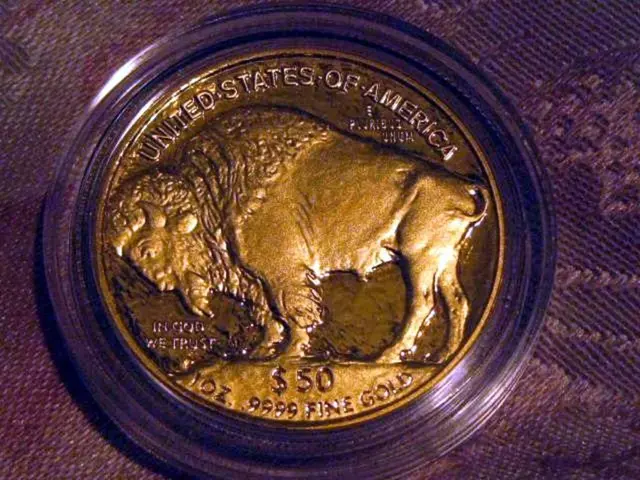Lawmakers in the United States vote down measures aiming to regulate digital sweepstakes games
Sense and Sensibility in Sweepstakes-Style Gaming: Why Proposed Restrictions Keep Failing
The winds of change haven't quite blown through the U.S., with proposals to clamp down on sweepstakes-style promotional gaming meeting a brick wall in Arkansas, Maryland, and Mississippi. House Bill 1861 in Arkansas, Senate Bill 0860 in Maryland, and Mississippi's own attempt earlier this year, are either nowhere to be found or gathering dust.
A spokesperson from the Social and Promotional Games Association (SPGA) isn't mincing words: "These bills are about as popular as a wet towel at a beach party. Lawmakers are fed up with half-baked proposals that don't offer a shred of evidence or a solid foundation."
In Maryland, the bill's intentions were to ban sweepstakes gaming entirely, but it came up short, offering no substantial proof of harm to consumers or ties to gambling addiction. Arkansas' proposed law would have given exclusive control to licensed casinos, restricting the dual-currency features used in many social games.
But here's the kicker: The SPGA isn't just tut-tutting from the sidelines. They're sounding alarms over potential unintentional consequences, stating that such legislation could disrupt loyalty and rewards programs offered by airlines, hotels, and popular brands.
The SPGA's concern is clear: "When legislation threatens free perks from airlines, hotels, and your friendly neighborhood coffee shop, it smacks of arrogance. These bills aren't merely misguided, they're oblivious to reality."
The SPGA is keeping a hawk's eye on further legislative developments, such as Louisiana's Senate Bill 181, introduced earlier this year. Back in April, the association warned that the bill's broad and ambiguous language might mistakenly classify established reward programs as gambling, potentially jeopardizing tech investment, stifling digital innovation, and creating a legal quagmire.
As of now, U.S. federal law distinguishes promotional sweepstakes from gambling by insisting entry should be free and not linked to a purchase. The SPGA advises lawmakers to engage in constructive dialogue with industry stakeholders before considering any regulatory tweaks.
Sources:
- [1] Mississippi Today: "Mississippi sports betting effort falls apart over bill language"
- [2] Arkansas Online: "Huckabee Sanders opposes proposed gaming bill"
- [3] The Baltimore Sun: "Maryland lawmakers edge closer to deal on sports betting but face new challenges"
- [4] Maryland Matters: "Legislation to legalize sports betting falls short, leaving advocates scrambling to revive the issue"
- [5] The SPGA: "Policy Updates"
Join us on our Telegram channel for the latest developments in sweepstakes-style gaming. Let's keep the conversation going!
- The Social and Promotional Games Association (SPGA) voiced their concerns over a proposed regulation in Maryland, stating that an intended ban on sweepstakes gaming could inadvertently impact loyalty programs across various industries, such as airlines, hotels, and local businesses, in Maryland and beyond.
- The SPGA has also raised concerns regarding Louisiana's Senate Bill 181, warning that its ambiguous language might unintentionally classify rewards programs as gambling, potentially leading to slowed tech innovation, investment risks, and legal complications.
- With the failure of multiple regulatory efforts in Maryland, Arkansas, and Mississippi, and the ongoing discussions surrounding Louisiana's Senate Bill 181, the SPGA continues to encourage lawmakers to engage in dialogue with industry stakeholders to ensure a thoughtful and informed approach to any potential regulatory changes, giving special emphasis to sweepstakes-style gaming technologies and sports-related promotions.







